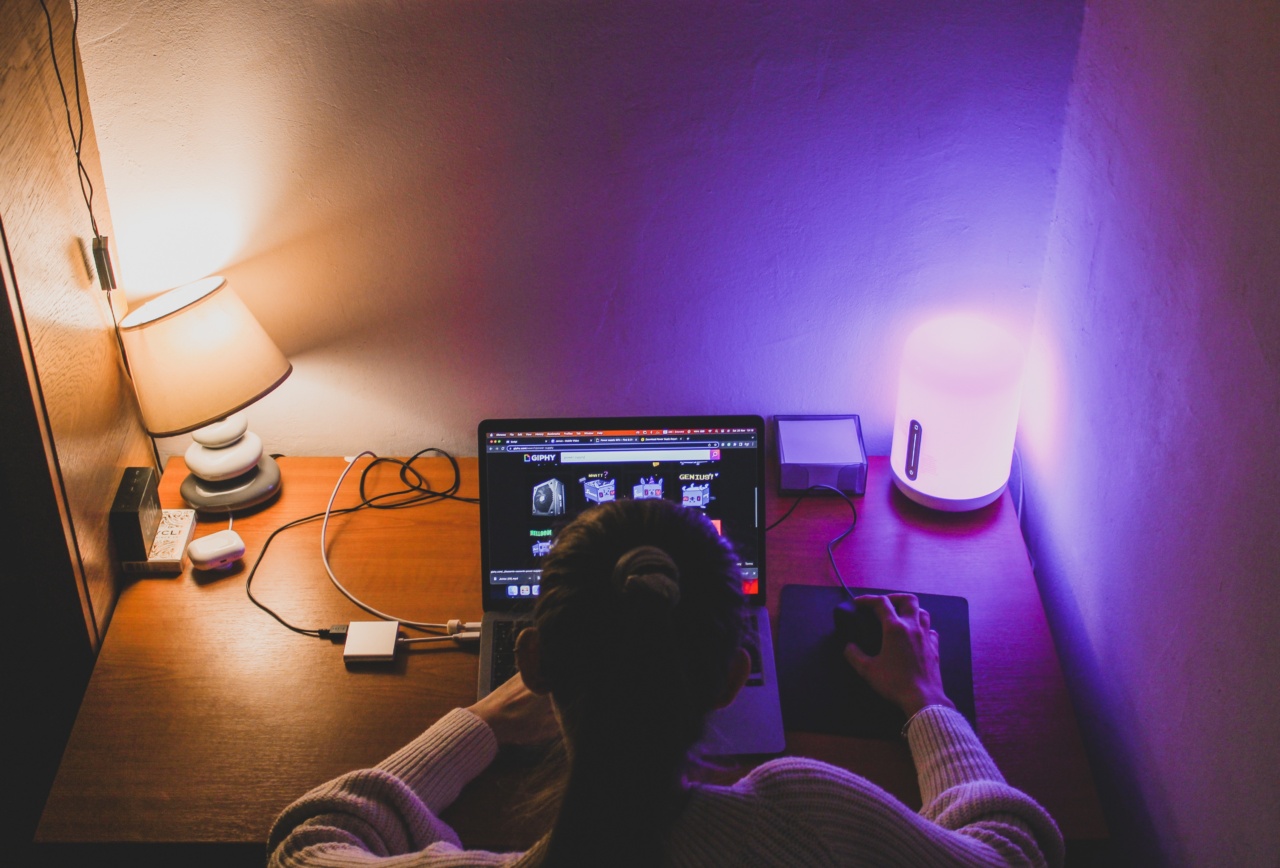Email has revolutionized the way we work and communicate with each other. It has become an essential part of our daily routine, and for some of us, we check our emails constantly, even outside of working hours.
However, this constant email checking can have a negative impact on our mental health.
The Effects of Constant Email Checking
Constant email checking can lead to a number of negative effects on our mental health. Some of the most common effects include:.
1. Increased Stress Levels
Checking emails outside of working hours can trigger stress responses in our brains, leading to anxiety and restlessness.
It can also increase levels of the stress hormone cortisol, which can have a negative impact on our health, leading to increased blood pressure, higher risk of developing heart disease, and more.
2. Decreased Productivity
Checking email constantly can lead to distraction and reduced productivity. It can take up valuable time that could be used for more important tasks, leading to less efficient work overall.
It can also disrupt our flow and concentration, making it harder to get back into the zone.
3. Burnout
Constant email checking can lead to burnout, a state of emotional and physical exhaustion that can affect our work and personal lives.
Burnout can lead to feelings of helplessness, hopelessness, and exhaustion, leading to decreased motivation and productivity.
4. Disrupted Sleep Patterns
Checking emails before bed or during the night can disrupt our sleep patterns, leading to a range of negative effects on our mental and physical health.
It can lead to trouble falling or staying asleep, decreased quality of sleep, and fatigue throughout the day.
5. Increased Social Isolation
Checking emails constantly can lead to increased social isolation, as it can take away from time that could be spent with family and friends.
It can also lead to feelings of loneliness and disconnection, as we become more focused on our screens than on the people around us.
6. Increased Risk of Depression and Anxiety
Constant email checking has been linked to increased risk of depression and anxiety. It can lead to feelings of overwhelm, stress, and lack of control, which can contribute to these mental health conditions.
Ways to Reduce the Negative Impact of Constant Email Checking on Mental Health
While it can be difficult to break our email checking habits, there are some simple strategies we can use to reduce the negative impact on our mental health:.
1. Set Boundaries
Set boundaries around when you check your emails. Try to avoid checking your emails outside of working hours, and give yourself permission to switch off your devices outside of these times.
2. Prioritize Your Time
Plan your day and prioritize your time according to what is most important. Focus on the tasks that are most pressing or require your undivided attention, and try to limit email checking to designated blocks of time.
3. Turn Off Notifications
Turn off notifications for emails or limit them to only the most important emails. This will help to prevent distraction and interruptions and allow you to focus on the task at hand.
4. Take Breaks
Take regular breaks throughout the day, including lunch breaks, to help you refresh and recharge. This will help to improve your mental clarity and productivity while reducing stress levels.
5. Practice Mindfulness
Take time to practice mindfulness in your daily life. This can include things like meditation, deep breathing, or simply taking a moment to be present in the moment.
Conclusion
While email has become an essential part of our daily lives, it is important to be mindful of the negative impact that constant email checking can have on our mental health.
By setting boundaries, prioritizing our time, and practicing mindfulness, we can reduce the negative effects of email and live a more balanced life.































